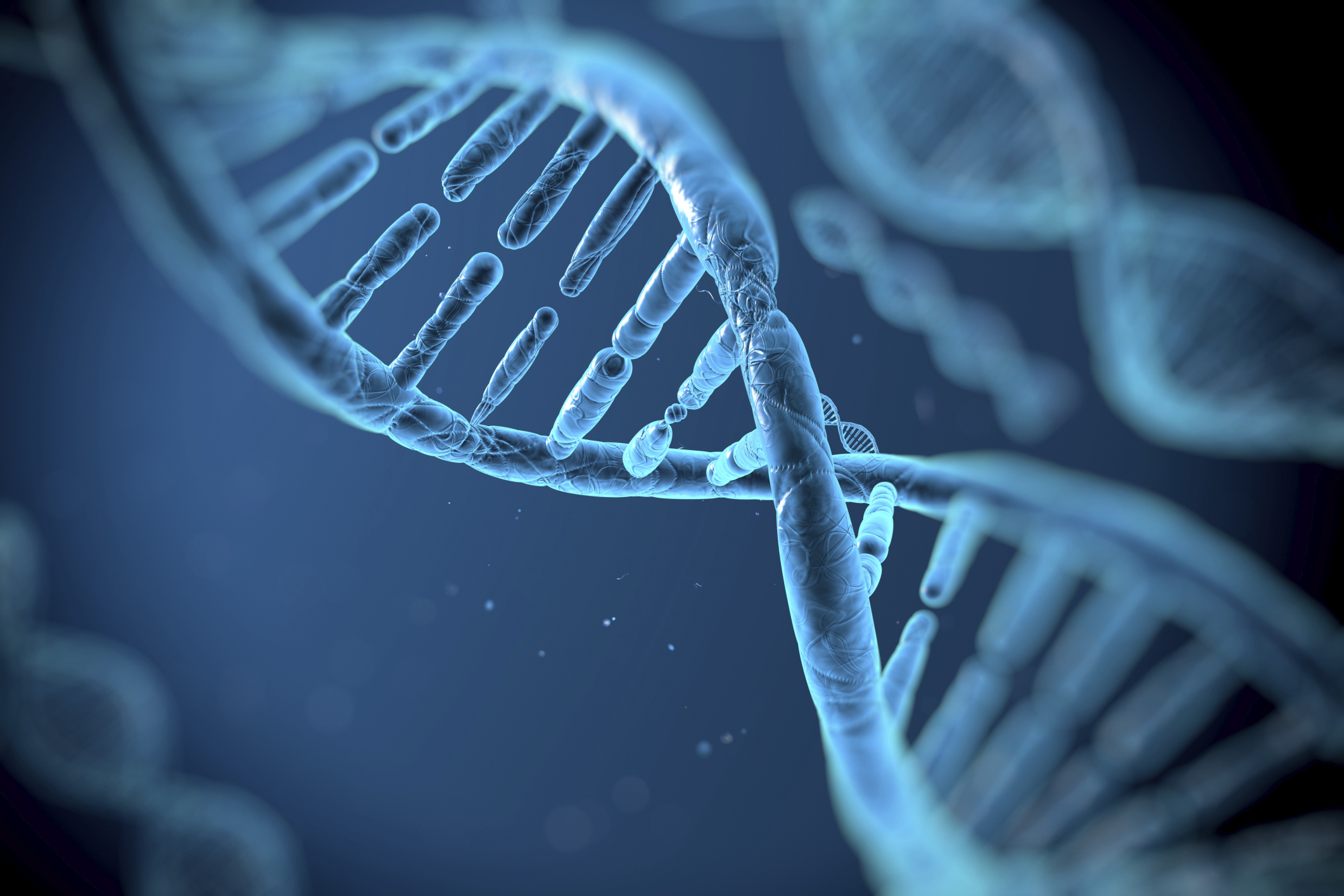Do genes make sex offenders? Are rapists and child molesters driven by biology or environment?
An article published last week in the International Journal of Epidemiology provides compelling evidence for a genetic component to risk of sexual offending.[1] The study found that sons or brothers of convicted sex offenders are 4 to 5 times more likely than randomly selected males to be convicted of a sexual offence. Half-brothers of sex offenders, in contrast, are only twice as likely as controls to be convicted of such offences. The study estimates on this basis that genetic factors contribute about 40% of this variability in risk of offending. Environmental factors shared between siblings, such as parental attitudes, were estimated to contribute only 2% of this variability.
The article predictably has generated significant interest, with The Telegraph, for example, heralding that ‘sex offending is written in DNA of some men.’ To the casual reader, this might all sound as though sex crimes are biologically preordained, an inevitable consequence of genetic heritage. Before we get carried away, however, it’s important to reflect on what the study shows, and what it doesn’t.
First, as we’ve already noted, only 40% of the increased risk of offending is attributed to genetic factors. 58% of this risk is attributed to unshared or ‘unique’ environmental factors (and measurement error). This includes pretty much every biological, psychological, and social event outside of the shared home environment, including in the womb, at school, and beyond. Genes grab the headlines, but an equally important story lies in untangling this hugely complex biopsychosocial web of causation.
Second, as the authors have pointed out, they have not identified a ‘gene for sexual offending’. What they have identified is a 40% genetic contribution to risk of sexual offending. Further research is required to clarify the nature of this contribution, but we shouldn’t expect any simple picture to emerge. The likelihood is that hundreds, perhaps thousands, of different genes contribute to risk of offending in some small way. These genes will interact with each other in various ways, and will produce different effects if expressed in different environments. As with all human behaviours, sexual offending will not yield to simplistic biological reduction.
Third, the study does not provide a magic bullet for the prediction and prevention of sexual violence. In terms of prevention, the paper suggests that those at greatest genetic risk of sexual offending could be offered courses to raise awareness of risk and sexual boundaries, and psychological and pharmacological treatment to decrease emotional instability and hypersexuality. As for prediction, the authors suggest that sexual violence risk assessments could be expanded to include family history. While these proposals certainly warrant further analysis, we must exercise caution.
Given the low base rates of sexual offending, the reported 5-fold increase among first-degree relatives equates to a 2.5% rate of offending among such individuals. This increase is significant, but it is not enough to establish any real predictive power. The rate of non-offending relatives is so high that interventions based on kinship to a convicted offender will produce significant false positives. As ever, the benefits of such interventions need to be weighed against the possible harms to individuals wrongly targeted for preventative treatment. Going forward, finding real predictive power once again requires unravelling the complex biological, psychological, and social aetiology of sexual offending. Genes alone will never provide more than a partial perspective.
[1] N. Långström, K. M. Babchishin, S. Fazel, P. Lichtenstein, & T. Frisell (2015) ‘Sexual offending runs in families: A 37-year nationwide study’, International Journal of Epidemiology.


Could this finding be applied to other sexual proclivities as well, such as incidence of homosexuality, attraction to non-adults and/or non-humans, etc.? Or is it possible that proclivity toward sex offending stands alone and unique among all sexual behaviors?
In order to have a healthy sex we need to have a happy healthy brain, on which every natural qhemical combination is made, if something is changed on this spot “Brain” believe me, not even sex will be natural anymore. When I say happy healthy brain I mean, every that nature can keep going naturally and our race can naturally and continually perpetrated on this world. The Greeks used to protect so much how you grow a child, but because of this concept.
Sex offenders seem to have been molested in some way as children, so I can see this being handed down from generation to generation. They say someone who has been molested will molest another around the same age as they were when they where molested.
Comments are closed.